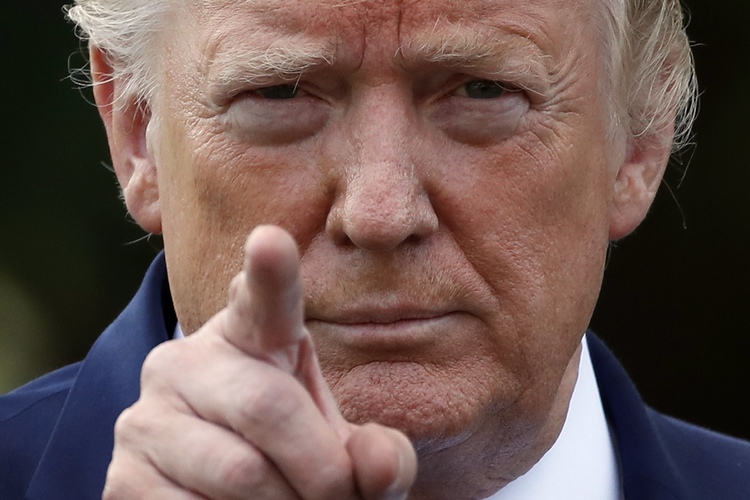 H. Rao and H. R. Greve
H. Rao and H. R. GreveAcademy of Management Journal
Vol. 61, No. 1
Abstract
Why are some communities resilient in the face of disasters, and why are others unable to recover? We suggest that two mechanisms matter: the framing of the cause of the disaster, and the community civic capacity to form diverse non-profits. We propose that disasters that are attributed to other community members weaken cooperation and reduce the formation of new cooperatives that serve the community, unlike disasters attributed to chance or to nature, which strengthen cooperation and increase the creation of cooperatives. We analyze the Spanish Flu, a contagious disease that was attributed to infected individuals, and compare it with spring frost, which damaged crops and was attributed to nature. Our measure of resilience is whether the community members could form retail cooperatives—non-profit community organizations. We find that communities hit by the Spanish Flu during the period 1918–1919 were unable to form new retail cooperatives in the short and long run after the epidemic, but this effect was reduced over time and countered by civic capacity. Implications for research on disasters and institutional legacies are outlined.
From the Discussion:
Our primary interest is in contagious disease outbreaks (such as the Spanish Flu) as an instance of disasters attributed to other community members, and we use weather shocks as a contrasting example of disasters attributed to nature. We find that disasters attributed to other community members weaken cooperation, increase suspicion and distrust of the other, and lead to a long-term (with a declining effect) reduction in organization building. By contrast, disasters attributed to an act of nature evoke a sense of shared fate which fosters cooperation, although with short term effect. These findings suggest that disasters are not merely physical events but socially constructed as well.
The research is here.


